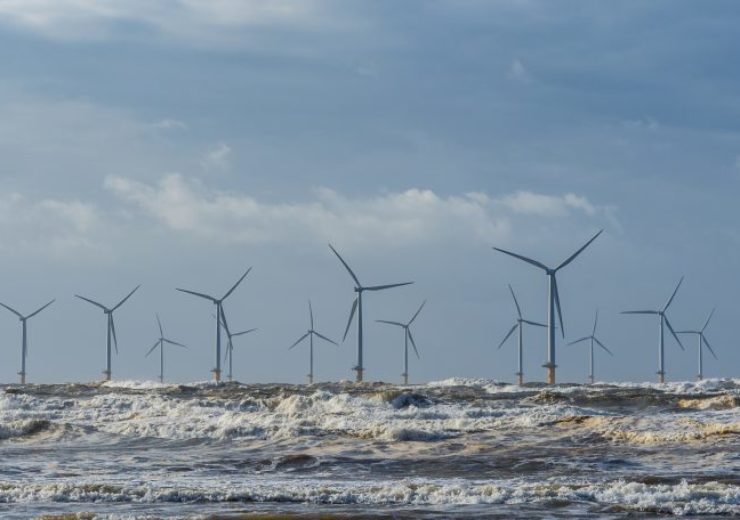The government’s Department for Business, Energy & Industrial Strategy said the funding scheme would enable “ground-breaking” clean growth projects, develop new technologies and secure new jobs

The businesses include marine company Rovco in Bristol, England, which is developing “unique technology” allowing for autonomous underwater inspections of large offshore wind turbines (Credit: cathiegroup.com)
The UK government has announced a £134m ($174m) investment to help businesses “build back greener” following the impacts of the coronavirus pandemic.
A statement issued today (4 November) by the government’s Department for Business, Energy & Industrial Strategy(BEIS) said the funding scheme, which is being financed as part of the Innovate UK’s Sustainable Innovation Fund, would enable “ground-breaking” clean growth projects, develop new technologies and secure new jobs.
This comes after the International Renewable Energy Agency (IRENA) called upon policymakers to accelerate the clean transition as they put together spending plans to boost the recovery from pandemic.
UK business secretary Alok Sharma said: “The UK’s response to coronavirus has demonstrated the very best of British ingenuity, and it is this resourcefulness that will help us navigate our way through this pandemic.
“Today’s investment will ensure that our innovators and risk-takers can continue to scale up their ideas, helping the UK to build back better and ensure we meet our clear commitments on tackling climate change.”
Businesses could receive up to £175,000 funding for greener projects from UK government
Robots that patrol UK roads to detect and repair cracks and potholes, using Artificial Intelligence (AI) that will help to reduce beer waste and converting seaweed into compostable packaging are just some of the over 1,000 projects that will receive £134m of government investment.
Each selected business will receive up to £175,000 ($227,000), which BEIS said will enable 1,069 “ground-breaking” clean growth projects, develop new technologies, secure and create new jobs, drive productivity and tackle climate change – with Britain aiming to reach net-zero emissions by 2050.
The businesses include marine company Rovco in Bristol, England, which is developing “unique technology” allowing for autonomous underwater inspections of large offshore wind turbines.
The government believes this will be “crucial” in assisting human operators carry out effective maintenance of one of the UK’s “cleanest, renewable energy sources”, while ensuring it is carried out in accordance with social distancing measures.
KegTracker in Pontypridd, Wales, is aiming to reduce the amount of waste in the UK’s brewing industry by using artificial intelligence (AI) to turn kegs into “smart containers” that will provide real time data to accurately monitor the condition and contents of kegs as they travel from brewery to pub and back again.
BEIS said this will help reduce the amount of liquid that is thrown away annually, which currently costs the UK an estimated £5bn ($6.5bn) a year.
Another company, Oceanium in Argyll, Scotland, is developing an advanced bio-refinery that will turn seaweed into food and compostable packaging products, tackling plastic waste and creating new jobs in the local area, while supporting the UK’s target to reach net-zero carbon emissions by 2050.
Manchester-based Robotiz3D is developing autonomous technology that will enable robots to be deployed to patrol UK roads to detect and repair cracks and potholes as soon as they appear, which the government said will speed up the time taken to make repairs and will lower overall costs, while reducing the carbon footprint caused by road maintenance vehicles.
It claims these ideas could “transform” industries such as manufacturing, hospitality and the automotive sector by helping them respond to the “unique challenges” presented by the pandemic, while “supporting risk takers to bring their novel ideas to market”.
